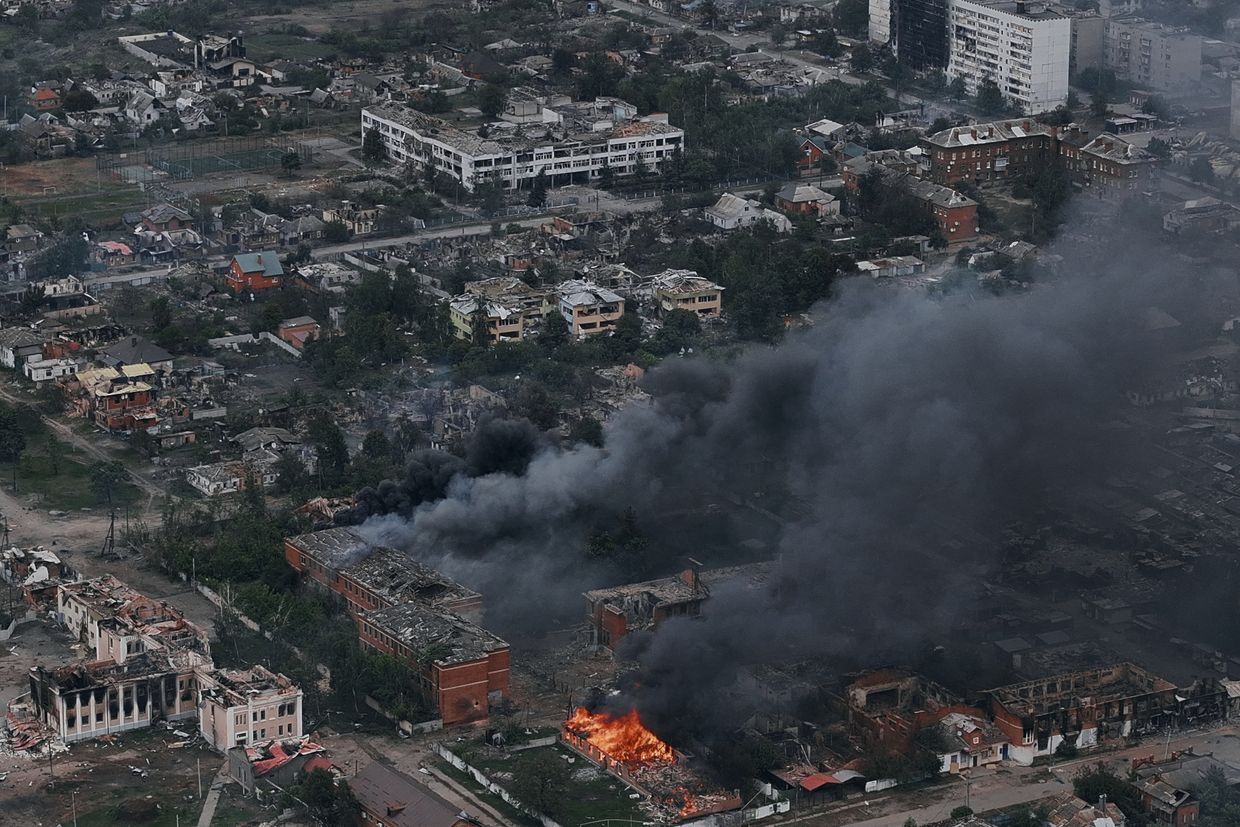Politico: US Republicans slam Biden's military assistance to Haiti, claim it undermines Ukraine aid

Some senior U.S. Republicans criticized the presidential administration's decision to direct military aid to Haiti from Pentagon stocks, claiming it could have otherwise been sent to Ukraine, Politico reported on May 21.
U.S. President Joe Biden's administration approved in April a $60 million military aid package for the Haitian National Police and international security missions from countries like Kenya in order to help quell gang violence on the Caribbean island.
The package is meant to fast-track rifles, ammunition, and armored vehicles from the presidential drawdown authority (PDA), a tool also used to send arms to Ukrainian soldiers facing Russian aggression.
"The president's unprecedented use of PDA in this context is extremely questionable," two high-ranking Republican lawmakers, Michael McCaul and Jim Risch, said in a letter to U.S. Secretary of State Antony Blinken in a letter obtained by Politico.
"Plainly stated, the administration is rushing to fund an undefined and indefinite engagement in Haiti without Congressional approval."
An undisclosed Republican Party aide told Politico that "armed services are conducting internal inventory audits to see what they can spare for Haiti — which puts it in direct competition with Ukraine for materials."
The U.S. State Department pushed back against the criticism, with an undisclosed official telling Politico that Washington is "responding to multiple critical needs around the world, and the scenarios in Ukraine and Haiti are different."
"Supporting the people of Haiti does not limit or take away from our ability to support the people of Ukraine," the source said, adding: "Both are important priorities, and in each case, we identify support tailored to the needs of our partners."
U.S. aid for Ukraine had been effectively blocked since last autumn until April when Congress finally approved a $61 billion aid package. The delays led to a significant deterioration of the situation on the battlefield as Russian forces ramped up their pressure, most recently opening a new front in Kharkiv Oblast.
The assistance delays were linked mainly to opposition from a hard-line faction of the Republican Party and months of House Speaker Mike Johnson's refusal to put the bill to a vote.











